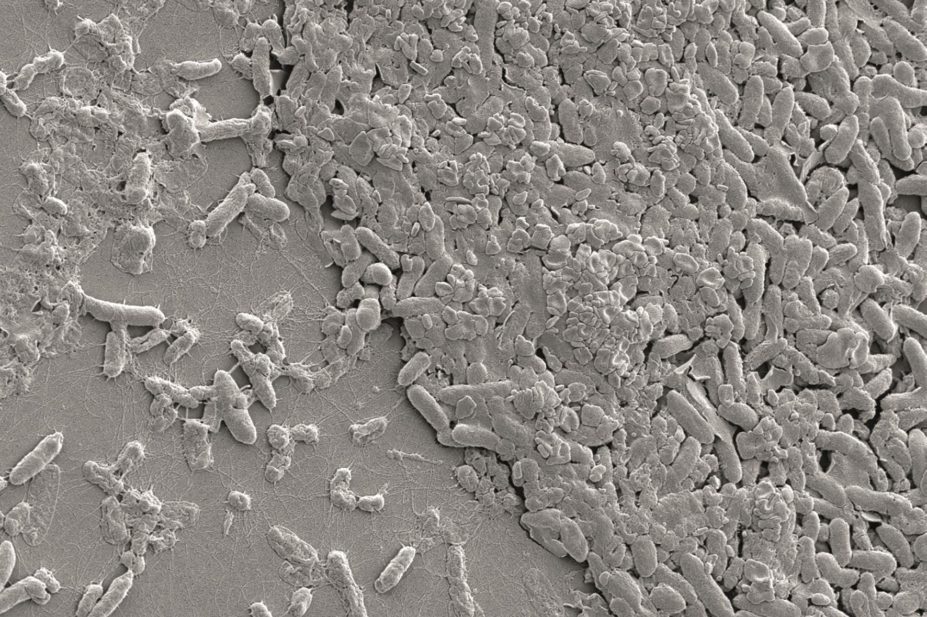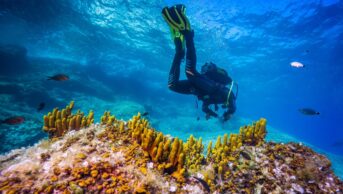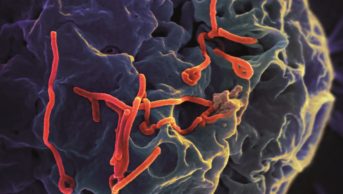
Dr Garry Laverty / Queen's University Belfast
Formation of bacterial biofilms on the surface of medical implants is a significant cause of infection and is difficult to treat with antibiotics owing to high intrinsic resistance.
To address this problem, researchers at the school of pharmacy at Queen’s University Belfast have created antibacterial hydrogels formed from short peptide chains that self-assemble into nanofibers. One peptide hydrogel was found to reduce biofilm formation by up to 94% when it was tested against four biofilm-forming species of bacteria: Staphylococcus epidermis, Staphylococcus aureus, Pseudomonas aeruginosa and Eschericia coli. The antibacterial properties of the gel are thought to come from its positive charge and hydrophobicity, which allow it to disrupt the negatively charged bacterial cell membrane.
These results could have a fundamental impact on the future design and development of innovative medical implant materials, suggest the researchers in Biomacromolecules
[1]
.


